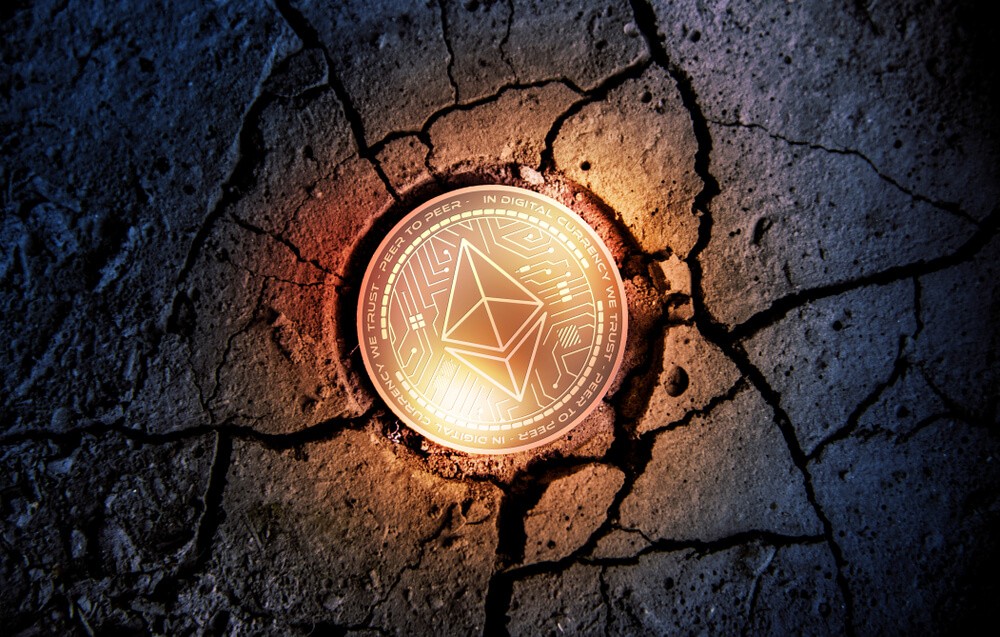In Los Alamos, where the nuclear bomb was born, a revolution thrives, powered by innovation, data, and artificial intelligence. 26-year-old CEO Alexandr Wang, who founded ScaleAI in 2016, is at the helm of this transformative movement. This article delves into the significant role of AI services in shaping the future of geopolitical conflicts.
ScaleAI: A Driving Force in Military AI Services
ScaleAI has been making headlines by offering critical AI services to the US Department of Defense and various military branches. The company specialises in organising and labelling data for AI algorithm training, improving data-driven decision-making, and creating advanced autonomous systems. In 2022, ScaleAI secured a substantial $249 million contract with the Department of Defense, further solidifying its role in aiding the military’s technological advancements. ScaleAI is also known for deploying a “large language model” called “Donovan,” designed to assist commanders by summarising intelligence and accelerating decision-making processes.
A Double-Edged Sword
AI services like ScaleAI hold great potential for military progress, but ethical concerns loom over their role in warfare. Arms control advocates worry that AI might gradually diminish human decision-making in military operations. AI researchers express concern over AI technology’s potential misuse, fearing heightened surveillance and diminished control over AI systems. These concerns underscore the importance of developing benevolent AI that adheres to ethical standards. As AI continues infiltrating military operations, striking a balance between technological innovation and responsible AI use remains a crucial challenge.
In conclusion, AI services provided by companies like ScaleAI are reshaping the landscape of military technology. Alexandr Wang’s determination to play a pivotal role in the US military underlines the growing significance of AI in defence. However, this rise also raises ethical questions about the use of AI in warfare. As we navigate the complex intersection of AI and the military, we must prioritise benevolent AI and responsible AI engineering practices to ensure that AI remains a tool for human benefit rather than harm. The future of AI consulting and AI jobs in the military sector will undoubtedly play a significant role in shaping the global geopolitical landscape in the 21st century.











COMMENTS